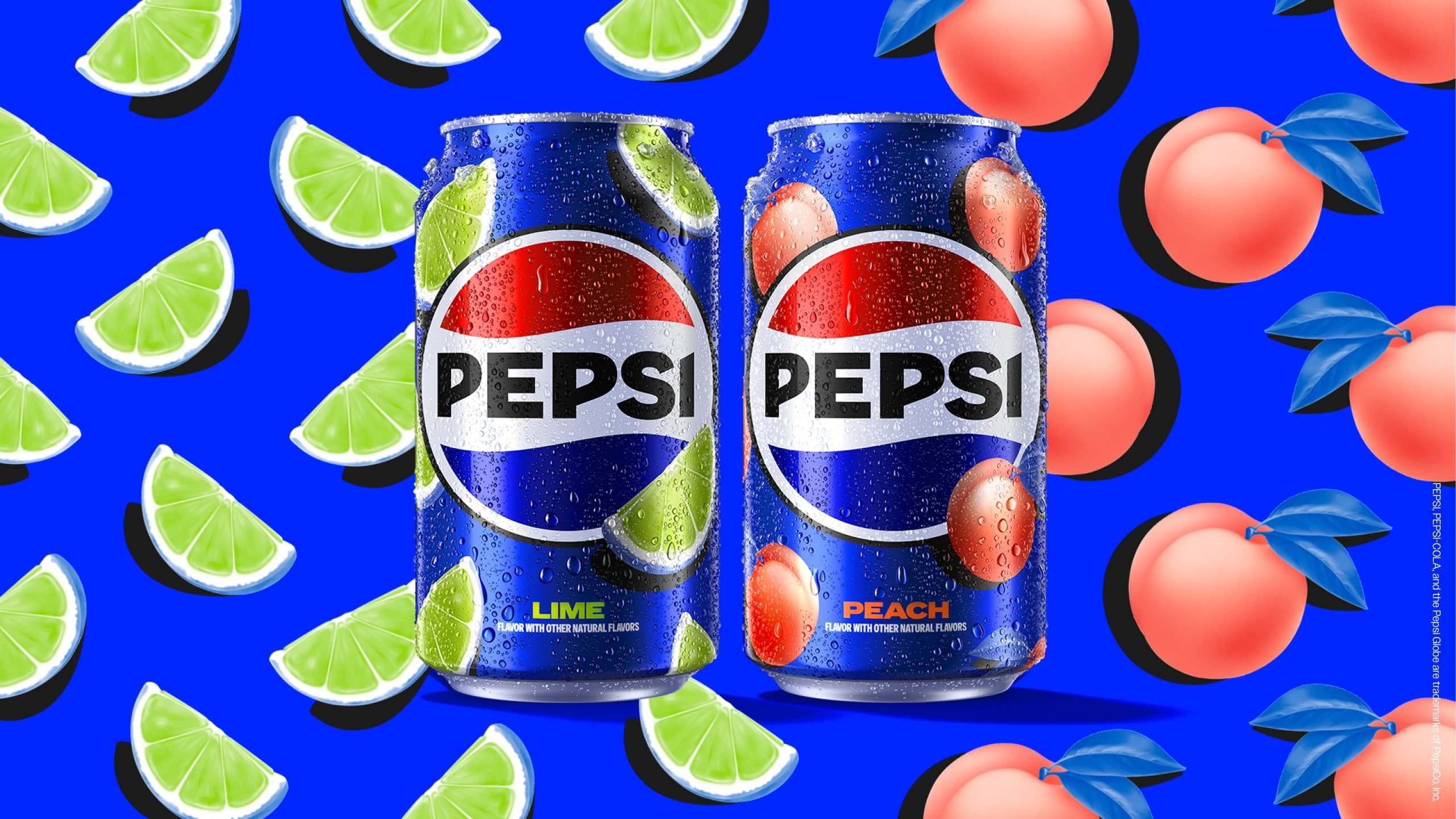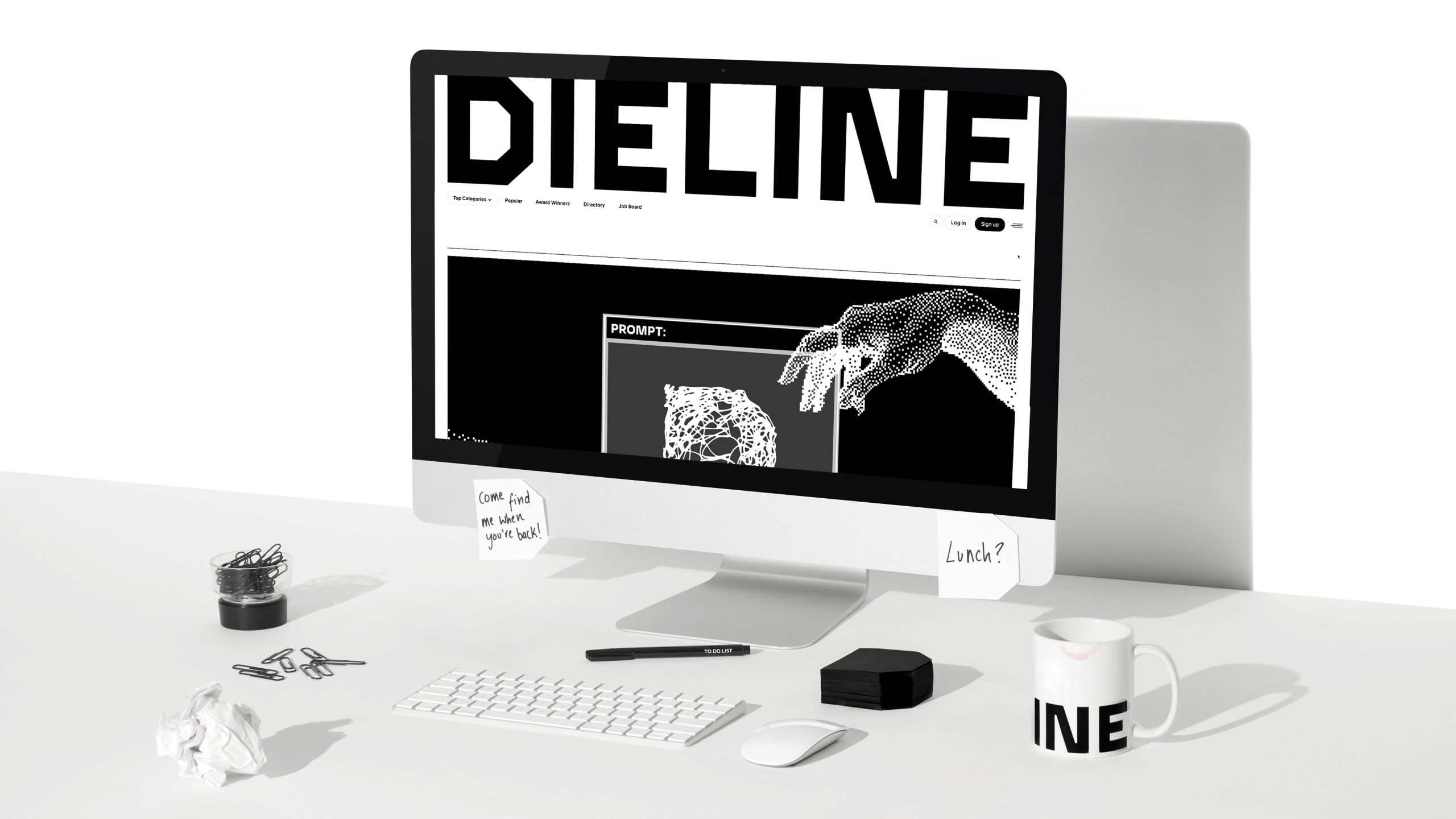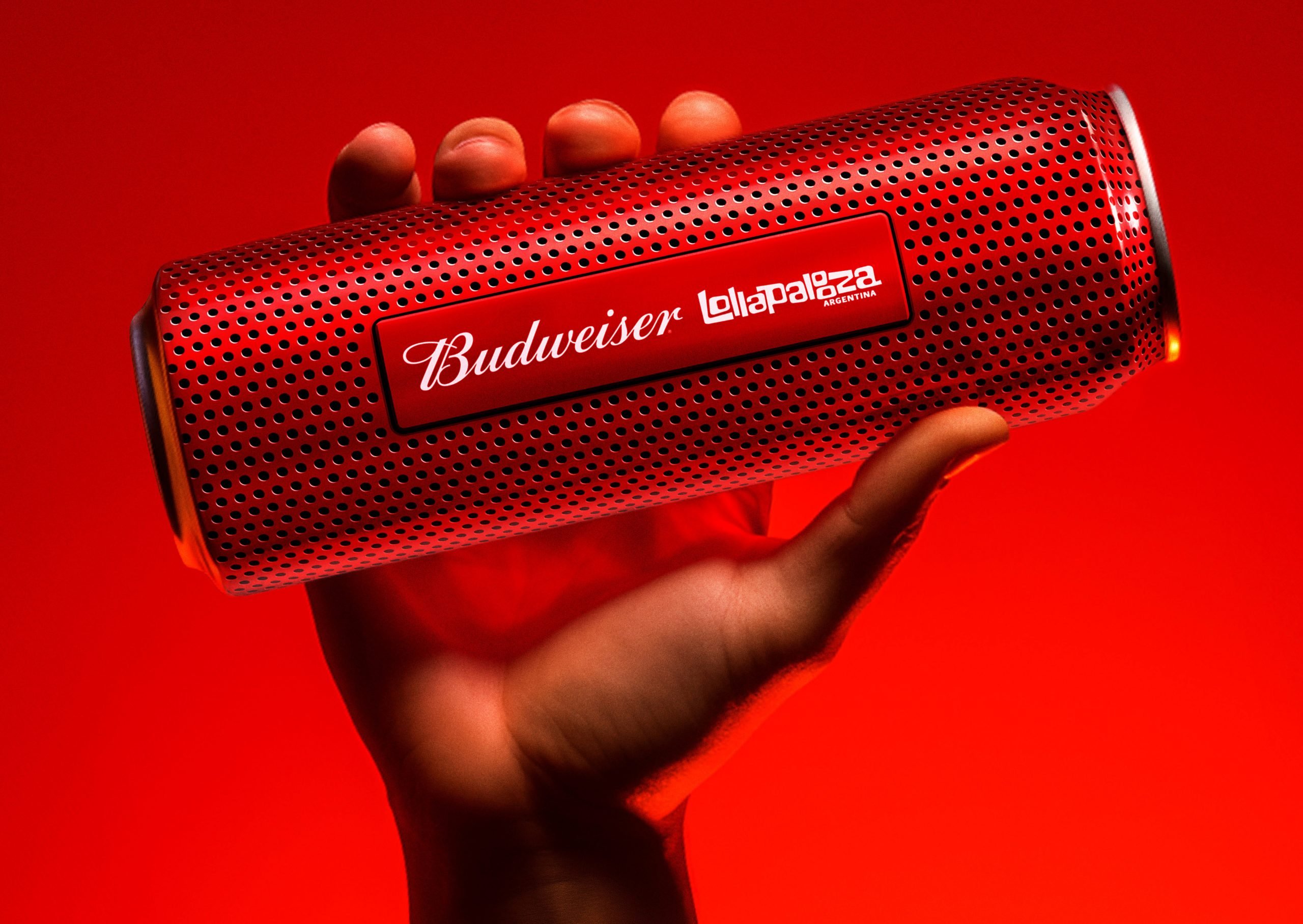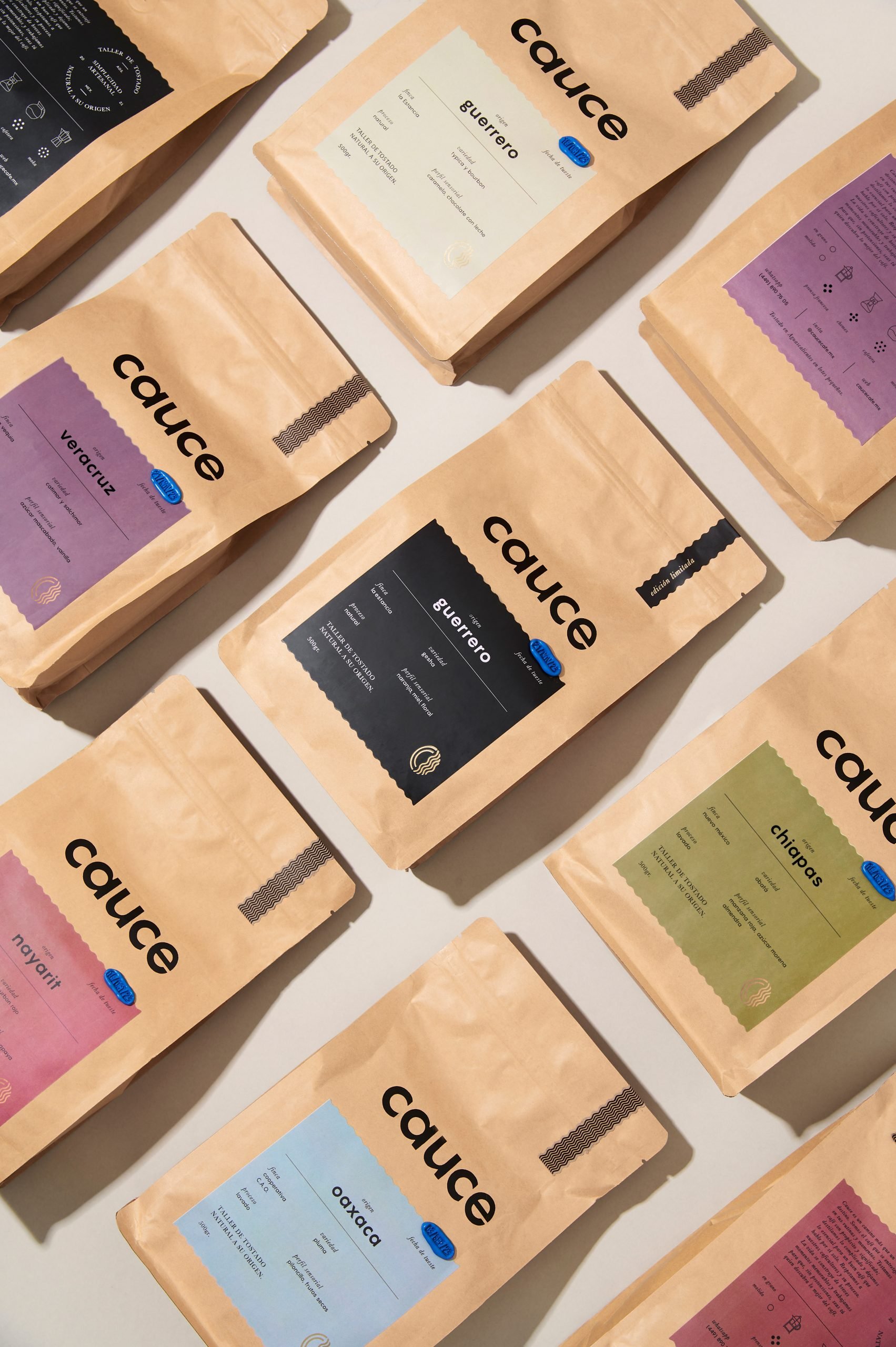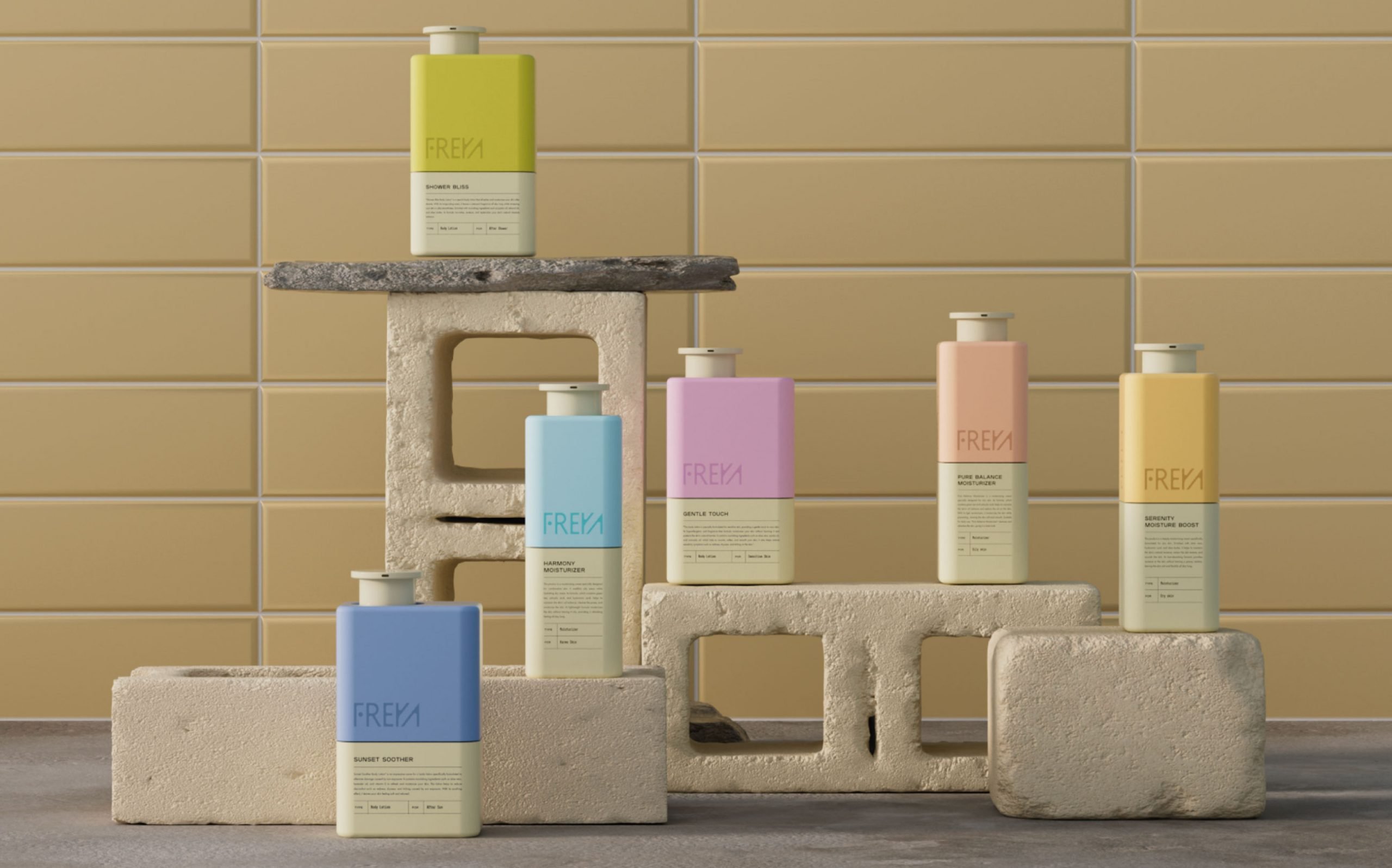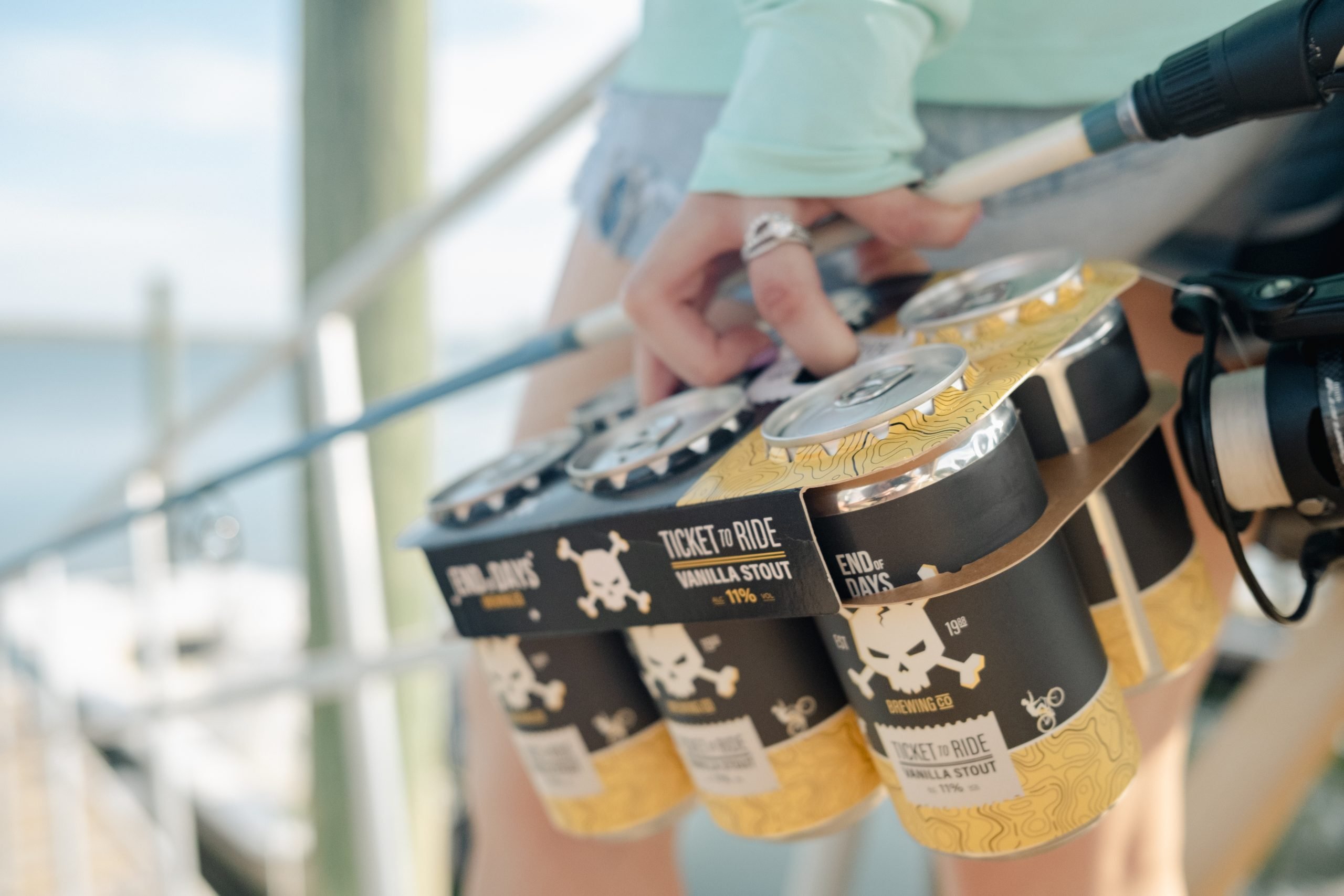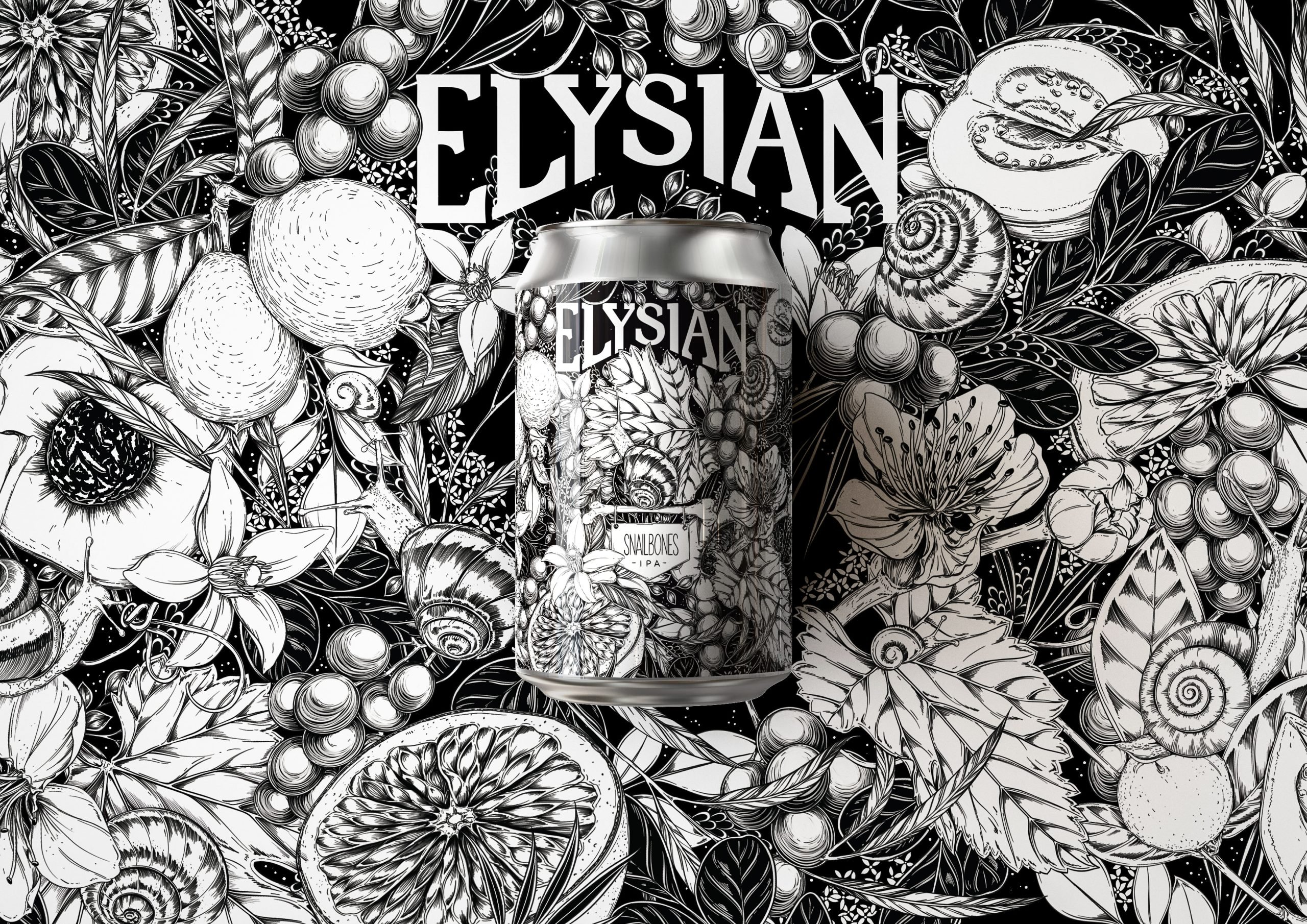At approximately 11:40 am Eastern time Monday, Facebook started experiencing widespread outages to its entire network, including internal systems and social media networks like the image-centric Instagram, messaging services WhatsApp and Messenger, and virtual reality platform Oculus.
According to the New York Times, the outage, which impacted over 3 billion users across the world, was due to a misconfiguration of the firmâs DNS settings, an internet protocol that helps direct traffic to/from servers such as those that host Facebook. A complete outage lasted around six hours, with services starting to come back online Monday evening.
The global blackout comes on the heels of a damning series of articles by the Wall Street Journal and a subsequent 60 Minutes interview with Facebook whistleblower Francis Haugen (Haugen is also scheduled to testify before Congress today).


